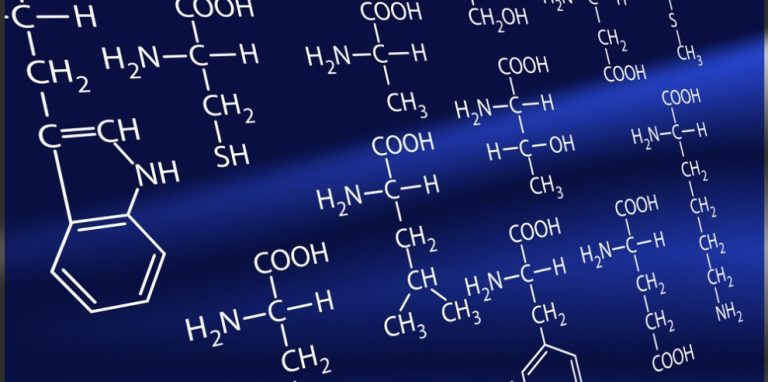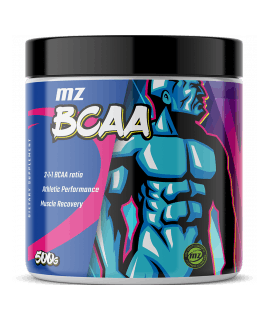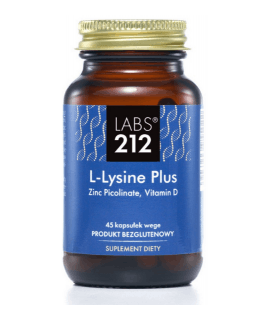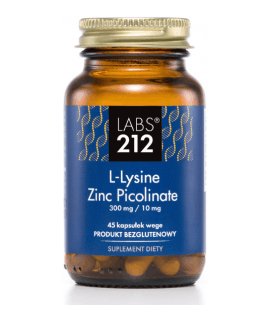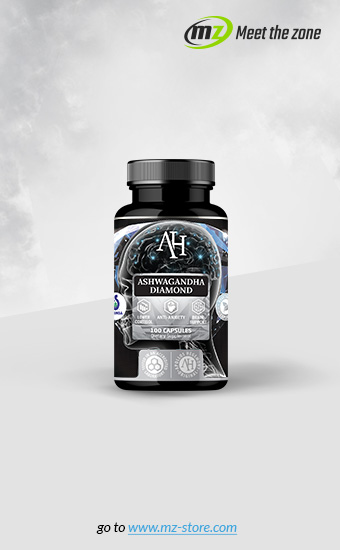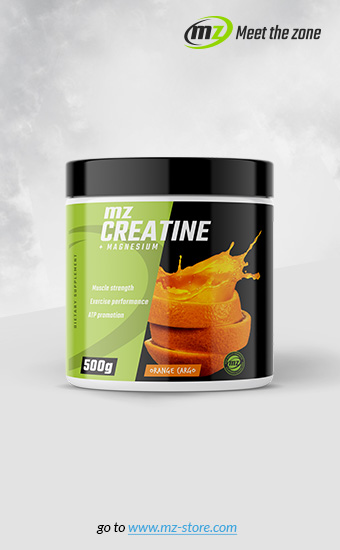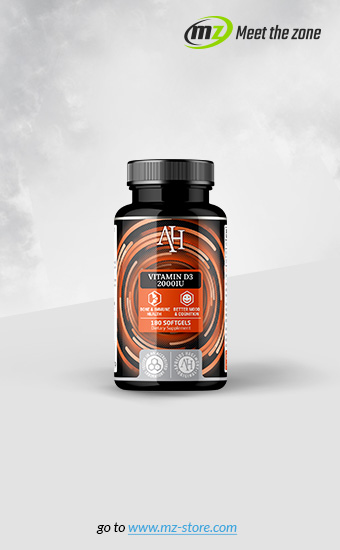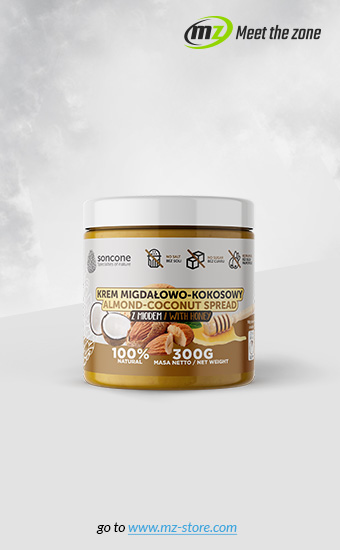While we strive to get more protein to build muscle, we often turn to protein powders and BCAAs (branched-chain amino acids). Do we really need these supplements, should we also be considering the types of protein we are eating, and is more actually better?
The top 3 amino acids for muscle growth
When we eat protein rich foods, the amino acid building blocks are broken down and then used by our body in different processes, from hormone production to muscle growth.
Your body needs 20 different amino acids to function properly, but only 9 of these are essential. Essential as we cannot make them in our bodies so need to obtain from food or supplements.
Of these 9 essential amino acids, there are 3 that really stand out - leucine, isoleucine and valine. These are the BCAAs, with a different molecular structure compared to other amino acids and are best known for their involvement in stimulating muscle growth.
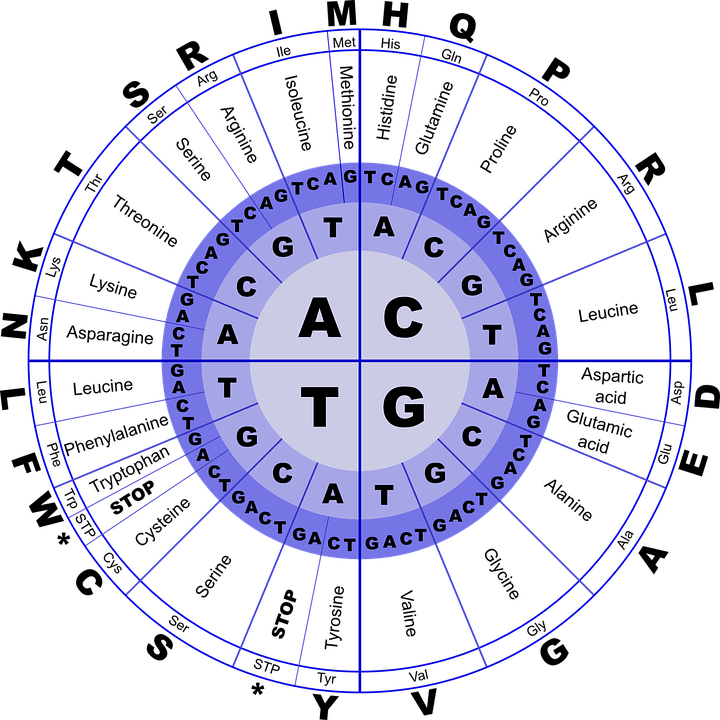
Who needs BCAAs?
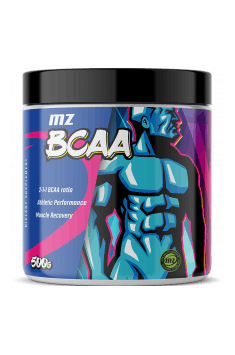
BCAAs are usually of interest to anyone looking to bulk up or stay lean and strong. The link between BCAAs and weight loss has also been studied, but the effects on fat lost are mixed.
Improved exercise performance and muscle recovery have also been associated with BCAAs intake, but it appears that beneficial effects are predominantly seen for individuals eating a low protein diet. BCAAs when fasting may also help to prevent muscle wasting if fasting is prolonged.
When considering supplements providing BCAAs vs protein powders, it appears that protein powders such as whey may be enough for most physically active individuals looking to top up their diet, and BCAAs only necessary for those who may have a limited dietary intake.
Is animal protein best for muscle building?
If trying to get all of your protein requirements from your diet, it’s worth considering the type of protein you are eating. Animal proteins including meat and fish are considered ‘complete proteins’. A complete protein is one that contains all of the 9 essential amino acids. Meat, eggs and dairy are also the richest sources of BCAAs.
Plant-based protein from foods such as seeds and grains rarely contain all of the essential amino acids on their own, but when eaten in the right combination, e.g. lentils with nuts or chickpeas and tahini, this can provide the body with all essential amino acids. Beans, lentils, nuts and soy also contain BCAAs.
Do you need all essential amino acids in the same meal?
Our bodies cannot store significant amount of amino acids, so we need a fairly regular supply. We can hold a small pool of amino acids though, so while we do not need the perfect balance in one meal, ideally we do within the same day.
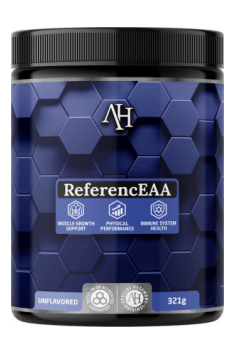
Can too much protein impact muscle definition?
As we don’t store amino acids in the body, any eaten in excess must be processed, i.e. either used as a direct source of energy if you are active or stored as body fat.
Protein is also insulinogenic, meaning that eating protein stimulates the release of the fat storing hormone insulin. A reasonable amount of insulin is healthy, and even beneficial for building muscle, but if you are producing high levels of insulin from excessive amounts of protein, this could contribute to an extra layer of body fat.
